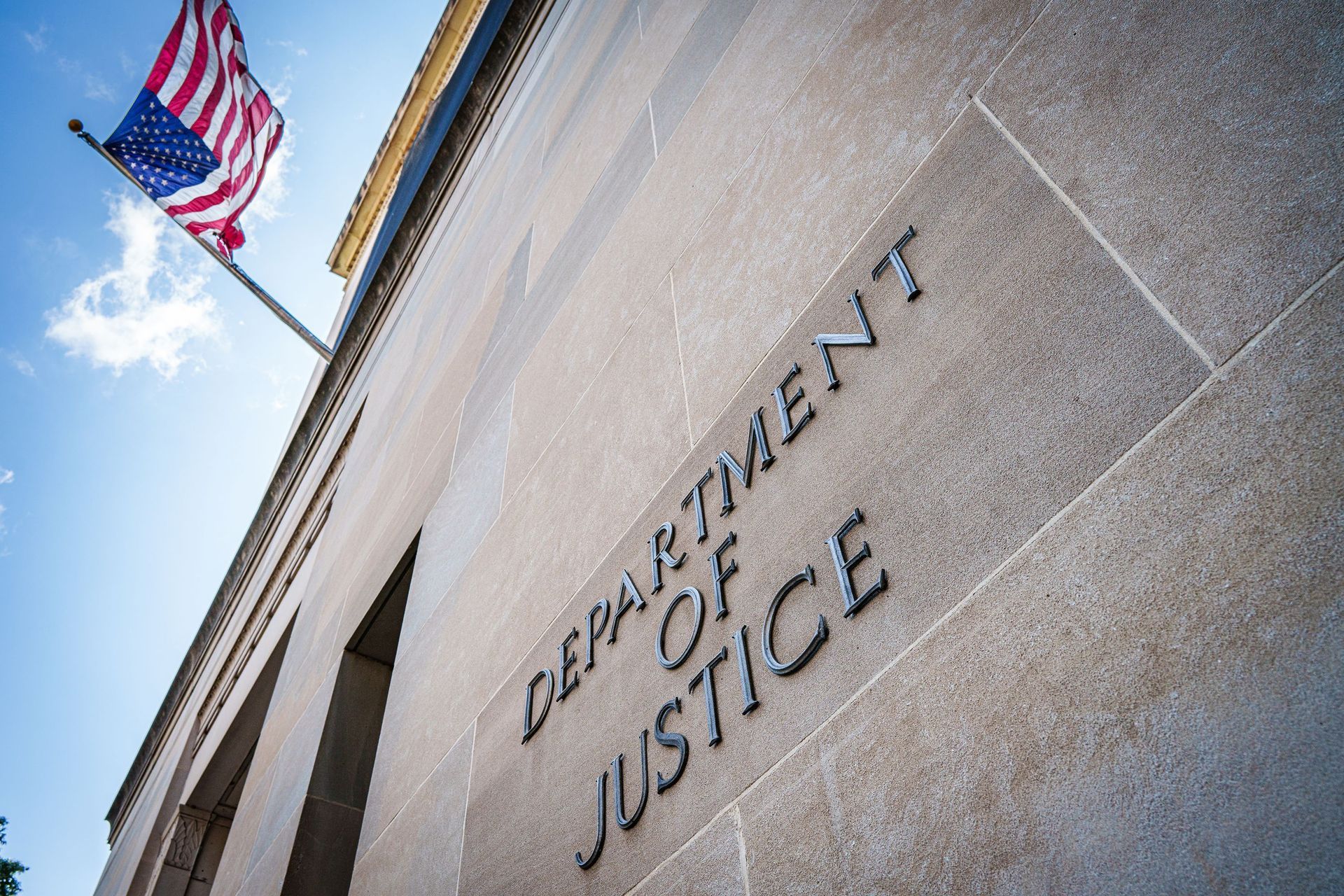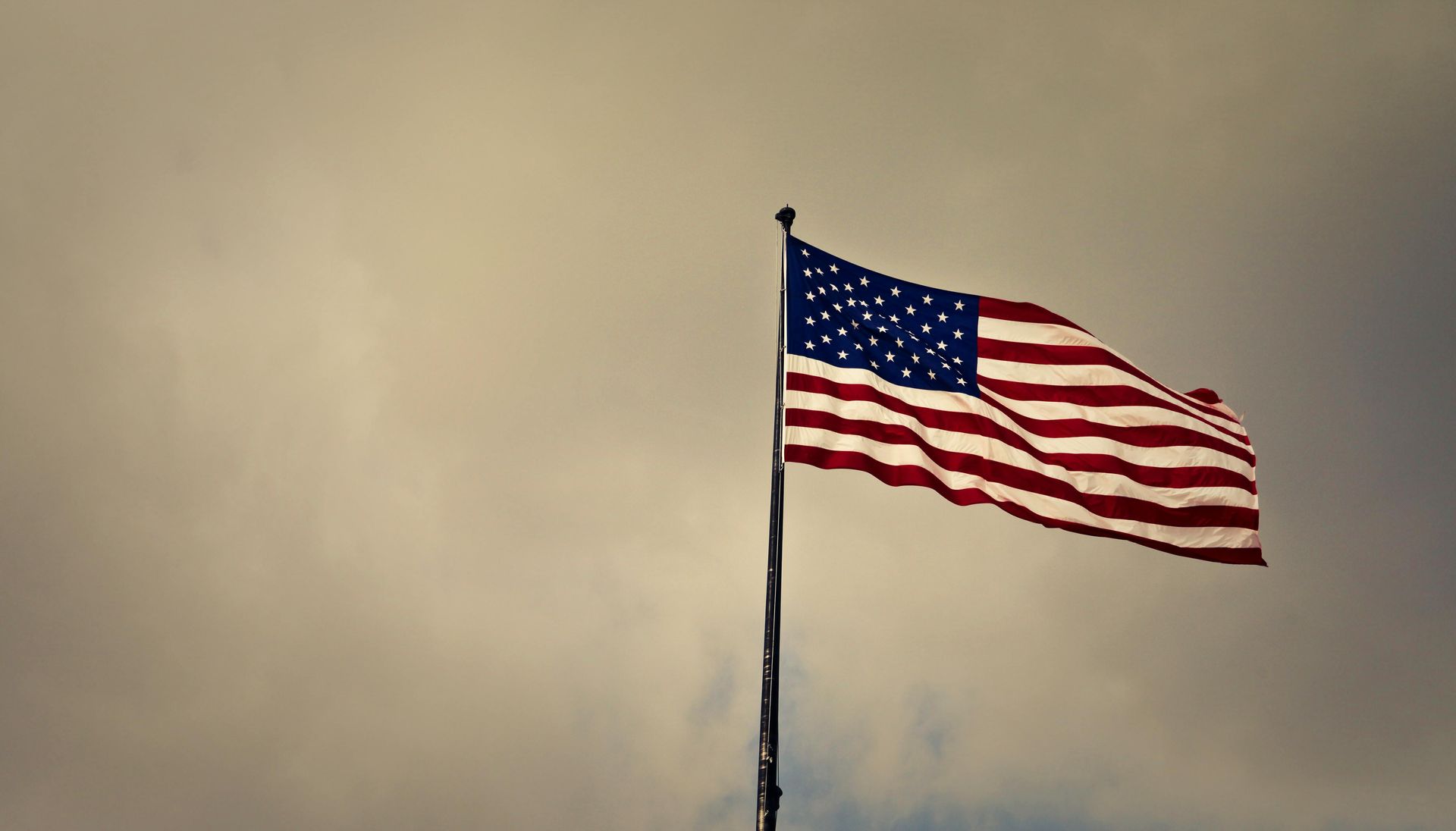The Diversity Game Is a Gigantic Con
A new book shows how the trick works—and how to fight it.
The James G. Martin Center
By George Leef
July 16, 2025
In his famous story “The Emperor’s New Clothes,” Hans Christian Andersen imagines a situation where everyone fears to speak the truth about an obvious falsehood, namely that the emperor’s supposedly magnificent new suit of clothes does not actually exist. He is naked, fooled by a con artist who got him to pay for nothing. Finally, a child blurts out the truth.
Something quite similar has taken place in the U.S. The con in our case is the way a group of pseudo-intellectuals managed to get leaders in our business and especially education communities to pay them for their self-proclaimed expertise in addressing an imaginary problem—America’s deep, intractable racism. Using clever tactics, they extracted billions for speeches, seminars, training sessions, and administrative sinecures. As this unfolded, few people spoke up to say that it was (and is) grifting on a prodigious scale. But now, Drexel University professor Stanley Ridgley has done so with his book DEI Exposed.
Ridgley’s big point is that there is no intellectual substance to the mania for “diversity, equity, and inclusion” that has swept through our colleges and universities. It took root and spread because it fit so perfectly with the ideology of most of our higher-education leaders, who couldn’t resist spending loads of money on DEI programs. How delightful for them to signal their ideological virtue with other people’s money. Ridgley writes, “In the non-profit world, results are not easily measured and America’s higher education system of colleges and universities are part of that world. This renders them the perfect petri dish for con games. It’s why hokum finds it way in and remains ensconced even as profound absurdities pass as results.”
The central claim of the DEI movement boils down to this: Our colleges are complicit in the nation’s abiding racism and should atone for it by establishing a host of diversity offices, paying diversity consultants, and subjecting students to diversity propaganda. This was a well-calculated guilt trip aimed at wealthy, “progressive” whites who were eager to be seen as allies of the “oppressed.” Of course, it’s ridiculous to believe that there’s even a smidgen of racism at work in our colleges and universities, which have been bastions of liberal enlightenment for generations.
But the diversity grifters understood the psychology of their marks. They figured that guilt-ridden white leftists would fly into a moral panic when accused of racism and then pay dearly for absolution. Especially after the death of George Floyd, our higher-education leaders plunged headlong into the contrived “crisis” where, as Ridgley notes, “public handwringing was obligatory.”
How did this big con game work? Ridgley shows how in fascinating detail.
Crucial to the DEI con is what he calls idea laundering. You start with a highly dubious idea that supports the alleged need for DEI programs—say, that black students are relentlessly harmed by “microaggressions”—then get a research paper saying so published in what looks like an academic journal, run by allies. Once it has been published, sympathizers will cite it in other journals, articles, blog posts, and so on. Of course, no one ever critiques the original paper; the point is to repeat its “findings” so often that people will think it must be true. Anyone who dares to challenge it will be smeared as a racist. Since no one in the education establishment wants that, DEI ideas build momentum.
One of the pillars of the DEI con is that America is gripped by “white supremacy,” supposedly very damaging to people from other races. The purveyors of the DEI con knew that white leftists would fall for the notion that America can’t realize “social justice” unless we fight this profound evil. But where did the “white supremacy” notion come from?
Ridgley has located its origin. The “white supremacy” concept was the work of Tema Okun, who was a corporate “diversity trainer” in the mid-1990s. After a frustrating day (many of the employees she was “training,” unlike academics, dared to disagree with her views), she jotted down a list of the things she disliked about the people who had resisted her message about racism in modern America. That is how her now-famous list of characteristics of white supremacy began—merely a fit of pique, as Okun herself has admitted.
Then, the idea laundering began. Okun posted her list on a friendly website, where other diversity zealots began spreading it. Later, Okun enrolled in a program to get her “doctor of education degree” and wrote her dissertation to embellish her “white supremacy” list and give it the appearance of academic research. After receiving her degree, Doctor Okun turned her dissertation into a book that was published by a “progressive” publisher, and the book was favorably reviewed by DEI allies. Before long, Okun’s list was being “taught” in schools and colleges as if it were fact.
That’s how ridiculous “diversity” notions are smuggled into mainstream academia. Once those notions have gotten in, they have to be protected against critical analysis. That is where campus “mindguards” (as Ridgley calls them) enter the picture. These are administrative personnel whose job is to crack down on dissenters. The DEI con must be protected at all costs from intellectual scrutiny, just as communist regimes had to protect Marxist orthodoxy. Thus, colleges and universities devote resources to “diversity” personnel throughout the institution, whose job it is to frighten and silence critics. To give an example, Ridgley cites the instance of a professor who was on a search committee. When he objected that the imposed limits of the search (women and minorities only) were not legal, he was stiffly informed by the diversity apparatchik that his point was not appropriate.
The worst thing for the DEI grifters would be for people to conclude that there is really no problem of racism on our campuses, so they work hard to create the impression that there indeed is a problem. Ridgley goes through an array of techniques they employ, such as the “climate survey.” For $12,000, a school can commission a survey from the Race and Equity Center at the University of Southern California. For that, it will get a “study” that will invariably find that the racial climate on campus needs to be improved—naturally through more DEI programs and personnel. Spending on DEI begets more spending on it.
Another method for creating the appearance of need for more DEI work is the hate-crime hoax. There have been plenty of them (racist graffiti, nooses, and so forth), always leading to a flurry of activity on campus. Sometimes these are investigated and revealed to be hoaxes. But, even then, the perpetrators are apt to be lauded by school officials for “raising consciousness.”
One of Ridgley’s most devastating arguments is that the soothing rhetoric about how DEI is merely devoted to understanding and bringing people together was shown to be false by the response of the diversity crowd to the anti-Semitic outbursts following the October 7 massacre. He writes, “DEI staffers were adept at running workshops and hectoring innocent students about their implicit biases, but they proved incompetent to deal with the real world of real hate experienced by real people threatened with death because of their ethnicity. And it turned out that the DEI folks didn’t want to do so in any case. The DEI creed told them not to.” Why? Ridgley answers, because “Jewish victims were not DEI approved.” In the artificial world of DEI, white people can never be victims, and Jews are regarded as white. No need for any concern about them.
The DEI people aren’t just grifters—they’re hypocrites.
How well has the DEI con paid off? Very well indeed. Most colleges now have “chief diversity officers” who pull in big salaries, along with large numbers of middling administrators who share in the take. All of those are make-work jobs for people with useless degrees and no marketable skills, but who are useful to the “progressive” movement. The DEI ideology, after all, supports its goal of radically transforming America.
In the end, Ridgley is optimistic that we may be past the high-water mark for DEI. Corporations that once embraced it are reversing course, a sign that you can stop wasting money on this lunacy and survive. More importantly, the Trump administration is pressuring our education institutions to abandon their divisive and discriminatory DEI programs. Ridgley’s book will undoubtedly help, since it so plainly shows that DEI is an intellectual fraud—just like the emperor’s clothes.
George Leef is director of external relations at the James G. Martin Center for Academic Renewal.
The Diversity Game Is a Gigantic Con — The James G. Martin Center for Academic Renewal



